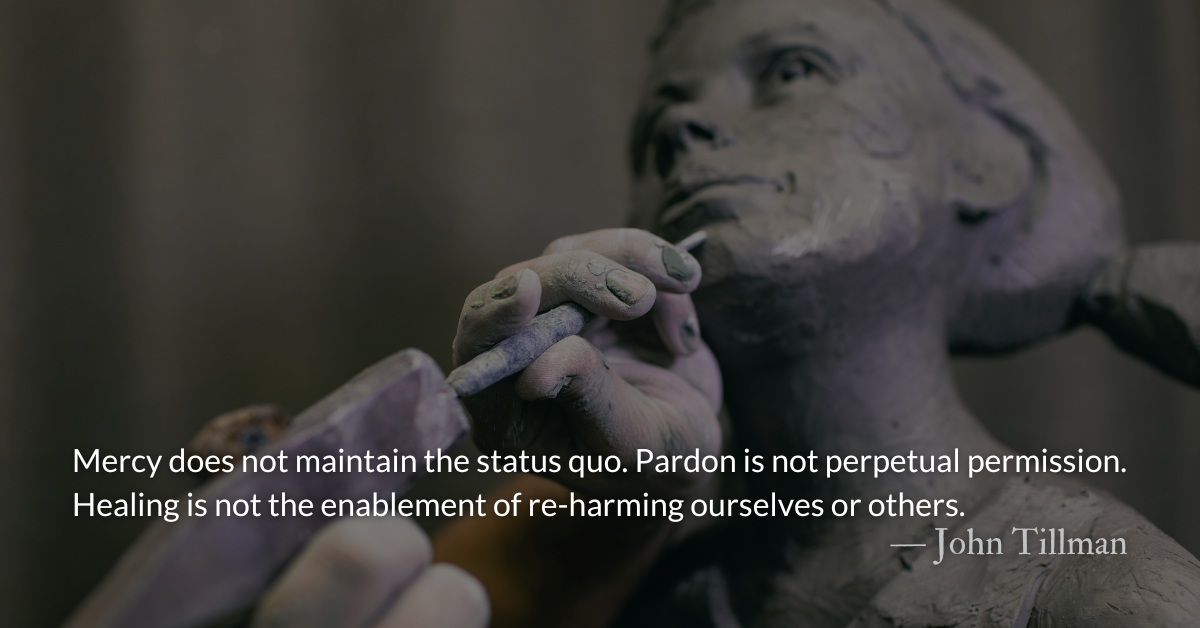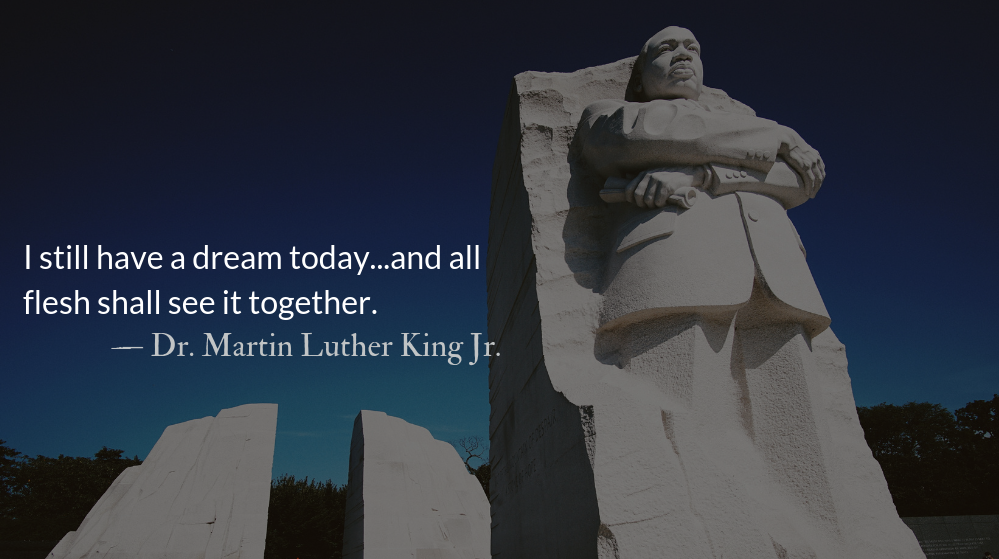Scripture Focus: 2 Chronicles 30.18-19
18 Although most of the many people who came from Ephraim, Manasseh, Issachar and Zebulun had not purified themselves, yet they ate the Passover, contrary to what was written. But Hezekiah prayed for them, saying, “May the Lord, who is good, pardon everyone 19 who sets their heart on seeking God—the Lord, the God of their ancestors—even if they are not clean according to the rules of the sanctuary.” 20 And the Lord heard Hezekiah and healed the people.
2 Chronicles 31.1
1 When all this had ended, the Israelites who were there went out to the towns of Judah, smashed the sacred stones and cut down the Asherah poles. They destroyed the high places and the altars throughout Judah and Benjamin and in Ephraim and Manasseh. After they had destroyed all of them, the Israelites returned to their own towns and to their own property.
Mark 1.14b-15
14b Jesus went into Galilee, proclaiming the good news of God. 15 “The time has come,” he said. “The kingdom of God has come near. Repent and believe the good news!”
Matthew 21.31b-32
31b Jesus said to them, “Truly I tell you, the tax collectors and the prostitutes are entering the kingdom of God ahead of you. 32 For John came to you to show you the way of righteousness, and you did not believe him, but the tax collectors and the prostitutes did. And even after you saw this, you did not repent and believe him.
Reflection: After Advent?
By John Tillman
2 Chronicles 30 describes a Passover celebration like none since the days of Solomon and David. But not everyone was ready for Hezekiah’s revival.
Whether by ignorance or haste, some failed to come to the feast consecrated, violating the commandments Hezekiah was reinstating. Yet, there was mercy.
Hezekiah prayed that God would not look at their outward adherence to ceremonial rules of cleanness but at the determination of their hearts to seek after God. When God had mercy, the celebration was so joyous that Hezekiah extended the Passover festival for a week.
Many popular songs wish for a continuation of the Christmas season and the “spirit” of Christmas. Can you imagine a Christmas so peaceful or joyous you’d want it to keep going?
Truthfully, Christmas does keep going. Christmastide continues on the church calendar, ending with Epiphany on January 6th. Additionally, Advent’s message of the gospel never expires. We can and should share it all year round. But what comes after Advent? What should follow in our lives after experiencing hope, love, joy, and peace in Christ?
2 Chronicles 30 is followed by 31. Mercy, worship, adoration, and joy bring change. After the festival, the people smashed sacred stones and cut down Asherah poles. They dismantled the infrastructure of false worship, tearing down altars and destroying high places. They acted in faith to turn away from idols they had been devoted to.
Thank God that we can seek him as we are. When we come to him, God will judge us not by our outward adherence to rules but by the determination of our hearts to seek after him. We do not need to perfect ourselves, cover our wounds, or shine ourselves up. Like the unwashed shepherds or the pagan Magi, we can rejoice, knowing we are accepted.
Seeking God’s mercy, however, doesn’t mean continuing in sins. Jesus ate with sinners and preached repentance. Prostitutes didn’t stay prostitutes. Crooked tax collectors became honest. The demonically influenced were set free. Violence-prone fishermen became disciples of love.
Jesus’ advent will not leave us the same. Mercy does not maintain the status quo. Pardon is not perpetual permission. Healing is not the enablement of re-harming ourselves or others.
Continue Christmas by seeking what change Jesus initiates in you. May we act in faith, turning away from what we have been devoted to, smashing our sacred stones and tearing down our altars.
Divine Hours Prayer: The Request for Presence
Set a watch before my mouth, O Lord, and guard the door of my lips; let not my heart incline to any evil thing.
Let me not be occupied in wickedness with evildoers, nor eat of their choice foods.
Let the righteous smite me in friendly rebuke; let not the oil of the unrighteous anoint my head. — Psalm 141.3-5
– From The Divine Hours: Prayers for Summertime by Phyllis Tickle.
Today’s Readings
2 Chronicles 31 (Listen 4:20)
Psalms 142-143 (Listen 2:35)
Read more about Pause To Read
Have you enjoyed our new podcast, Pause to Read? New episodes will be coming out soon. Subscribe, share the episodes, and give a rating/review to help others find the show.
Read more about Supporting Our Work
Everything you see, hear, and read from The Park Forum is made possible by our donors. Help us thank them with a message or become a donor yourself.










